ChatGPT is the public user interface of GPT3 (Generative Pretrained Transformer 3,) a large language model developed by OpenAI, an American artificial intelligence research and development company. ChatGPT is a chatbot, a software application designed to mimic human speech via text by utilizing a type of machine learning called natural language processing (NLP). ChatGPT can answer questions about virtually any topic, write computer code (and identify problems therein) and generate written material within the bounds of user prompts or parameters. The text generated is often largely indistinguishable from material written by actual humans.
In 2023, ChatGPT, a new AI tool that can generate written material on virtually any topic in seconds, became the fastest-growing consumer app in history after rocketing to 100 million monthly users just two months after its launch. But across many creative industries, including marketing, the buzz around ChatGPT is as filled with apprehension as it is anticipation: How will these tools affect marketing efforts and the professionals who spearhead them? If AI is truly here to stay — and continues to evolve — how can marketers and brands utilize it to stay ahead of the curve?
To help brands like yours better understand generative AI’s capabilities and potential impact, let’s take a closer look at the most prominent current player, ChatGPT, including the pros and cons of its use for marketing and advertising purposes.
What is ChatGPT?

How does ChatGPT manage this seemingly complex feat of artificial intelligence? According to Forbes, ChatGPT was “trained on a massive dataset of 175 billion parameters, including books, newspapers, and research papers, and a snapshot of the internet taken in 2021.”
With 175 billion sources to learn from, it is no wonder that ChatGPT can so effectively mimic natural human language patterns. By analyzing the context of and relationships between the words used in each piece of written text, ChatGPT developed the ability to predict what words, in which order, will best answer the prompts provided by its users.
And to that end: The word “predict” is a sticky one for ChatGPT. Ask it to predict the ending of your favorite, still-airing TV show, and it will respond that it is not capable of predicting future events. It will “speculate” on possible endings if you give it permission to, but those speculations won’t be its own ideas, per se. ChatGPT isn’t
thinking — it is making educated guesses based on statistics pulled from a heretofore unparalleled volume of analyzed texts.
How will ChatGPT affect marketing?
"The bottom line is that ChatGPT will not replace human intelligence or originality. It can only generate content based on what already exists, requires a human at the helm to direct its output, and cannot be truly creative..."
If you work in marketing — or any creative field that relies on human ingenuity and originality to produce new ideas, words, images, etc. — you’ve undoubtedly seen the “AI is coming for your job”-type stories stirring up your Twitter feed. This is (thankfully) mostly fear-mongering, a predictable cultural reaction to seemingly-mysterious new technologies and — the scariest word of all — change. The bottom line is that ChatGPT will not replace human intelligence or originality. It can only generate content based on what already exists, requires a human at the helm to direct its output, and cannot be truly creative — more on the implications of that later.
But since AI applications like ChatGPT seem to be here to stay, it’s important that marketers get realistic about the implications of their use, including the potential benefits and pitfalls. At its best, ChatGPT can help marketers streamline the routine parts of their day-to-day, freeing up their time to focus on other job priorities. But without best practices in place to guide its use, ChatGPT can open marketers up to liability and neuter the authenticity of their copy.
What are the benefits of using ChatGPT for marketing?
One of the best uses of ChatGPT for marketing is in the automation of routine tasks that don’t require that all-important, utterly-human spark of inspiration.

Maybe you want to include a list of the 100 best songs to play at wedding receptions in an SEO blog for an entertainment company client, or perhaps you need to scan the copy of an entire website for certain words or phrases. These tasks, which would take a human marketer hours, take ChatGPT mere seconds. Other efficient uses of ChatGPT for marketing include:
- Coding & code troubleshooting
- Content outlines & structures
- Customer service & engagement
- Lead generation & nurturing
- Market research
- Search engine optimization (SEO)
These capabilities can help marketers gain insights into customer behavior and respond to their needs more effectively, analyze social media metrics, optimize ad campaigns, and make better use of their time.
Although it’s true that there are many ways ChatGPT can be leveraged to automate routine marketing work — yes, including content creation — it is not a perfect machine, nor is it a replacement for human marketers.
What are the negatives of using ChatGPT for marketing?
ChatGPT can be extremely effective for the automation of routine tasks, but there are potential traps lying in wait for unsuspecting marketers.
Remember: Nothing that ChatGPT produces is original, which poses multiple problems for professional marketers.
According to Bloomberg Law, “the vast majority of the text used to train ChatGPT was certainly subject to copyright protection,” which raises some critical questions regarding the scope of copyright claims on content created by ChatGPT. If a piece of content generated by ChatGPT and used in marketing or other branded copy was found “to be a derivative work of underlying copyright material, [the brand would risk] a potential infringement claim if the output is subject to copyright protection,” per Bloomberg.
ChatGPT also has some significant blindspots in its programming. It has not been trained to identify bias (yikes) or determine veracity (that is, whether the source material is accurate and true) and has no knowledge of anything that didn’t exist on the internet before 2021.
Then there are the real-world implications of using ChatGPT-generated in marketing applications. Let’s say you’re using ChatGPT to generate copy that includes SEO keywords for a blog. ChatGPT can accomplish this in seconds, but using that copy to achieve your intended SEO results is another matter. With so many brands and marketing teams undoubtedly turning to ChatGPT for copy generation, there is a real risk of many sites all sounding exactly the same — which can have legitimate consequences for SEO. Search engine algorithms can detect duplicate or repetitive copy and
rank it lower as a result, so using ChatGPT’s copy verbatim may do more harm than good. In this way, ChatGPT actually makes a strong case for the increasing importance of human copywriters: It’s more effective for SEO (and compelling for your audiences) to use ChatGPT to determine the best keywords for a blog or generate basic copy for a site page, then have a copywriter edit and build upon that content to infuse it with your brand’s authentic voice, tone and originality.
And therein lies the rub: Try as it might, ChatGPT simply cannot replicate or replace the “human factor,” that indescribable secret sauce that only living, breathing content creators can contribute. Audiences are smart, and they can tell when the people behind the brand are, well, people. That authenticity is critical to successful marketing. We all crave human connection, and as consumers, we are drawn to brands that reflect humanity’s best qualities. The brands we rave about are original yet relatable, genuine yet polished. Only humans are capable of producing material with these telltale nuances and contradictions — at least for now.
The Bottom Line
AI advancements like ChatGPT are exciting and can create efficiencies in the day-to-day routine tasks of marketing. But ChatGPT has limitations that complicate its use for marketing, and make it unlikely to completely replace human marketers. These tools aren’t perfect, so it’s important to monitor your results, follow internal best practices for AI use, and understand how the human factor plays an integral part in successful marketing efforts.
If you have questions about the use of AI in your marketing, don’t hesitate to reach out to your
Dayta Pod. We’re here to answer any questions you may have and help you navigate these intriguing advancements in the digital world.



